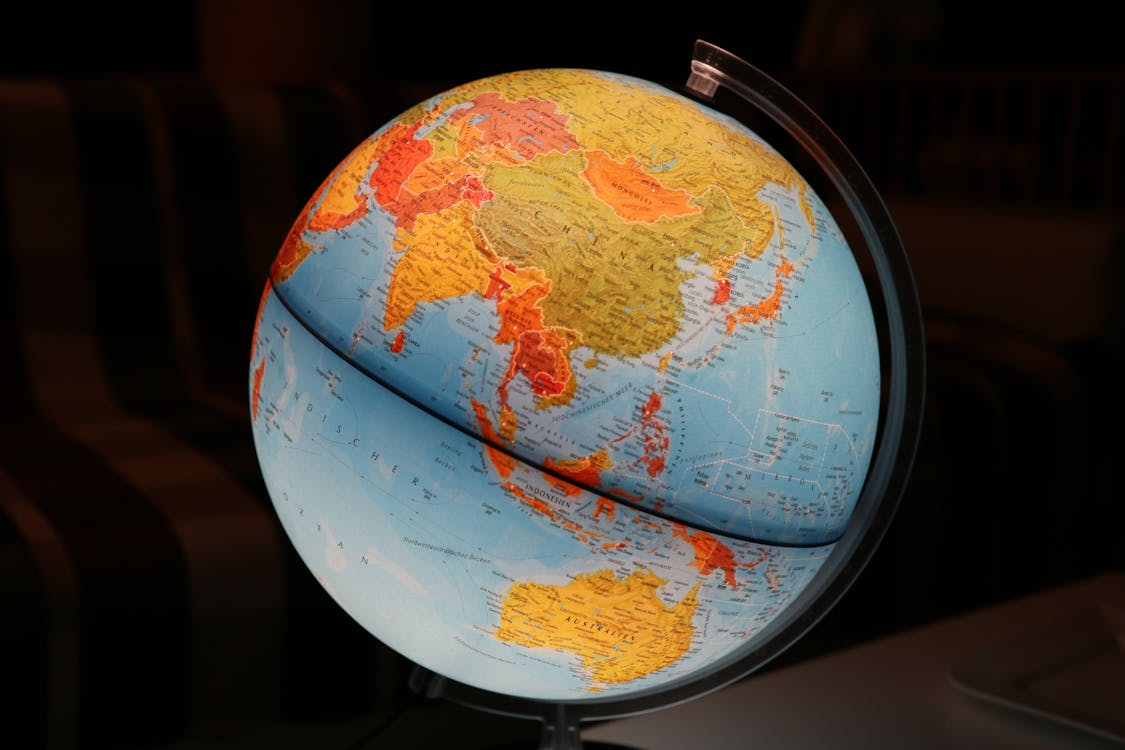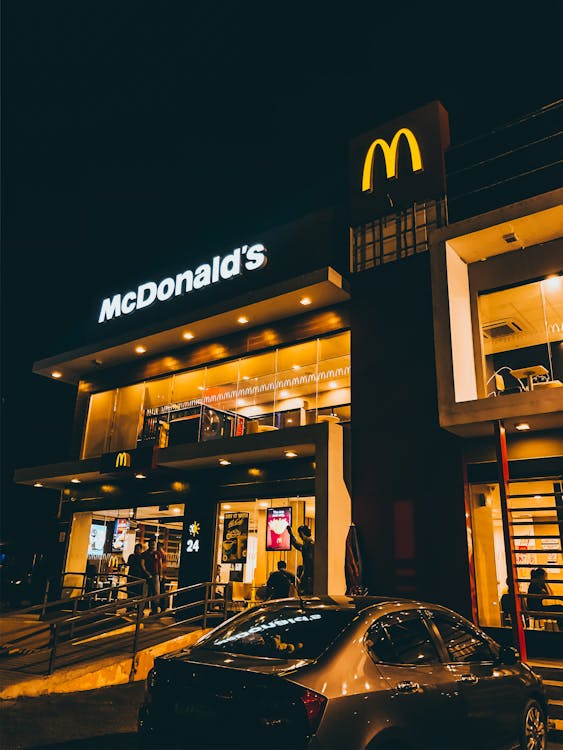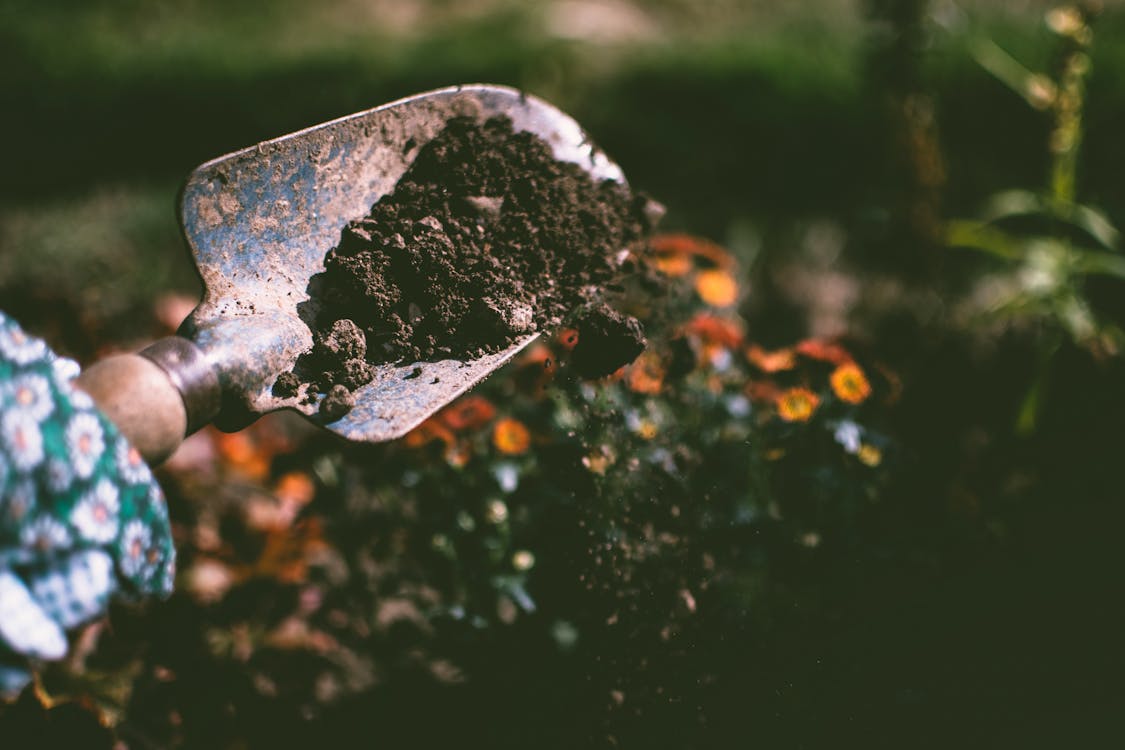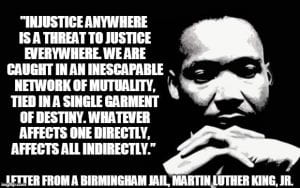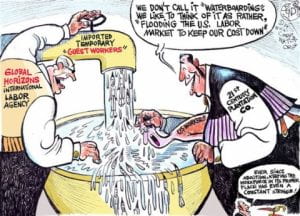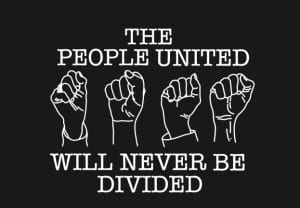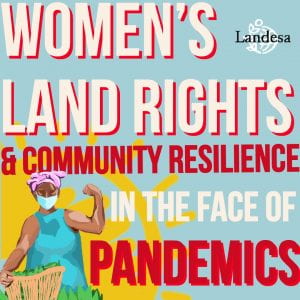My action group this quarter was given the opportunity to work with Our Climate. Our Climate is a non-profit organization that is working with young people to help put together a Green New Deal. This opportunity combined three things that I am incredibly passionate about: the climate, politics, and food. My group was able to integrate what we learned in this class into our work with Our Climate. The reality is that we cannot address climate change without making changes to our food system which will require political action. We were able to bring up our food system in our discussions with fellow interns and make sure that it will be included in the Green New Deal.
I often find myself focused on the personal changes that I make in my day to day life in order to do what I can to help reverse climate change. I recently convinced my family to try out a vegan diet after learning about the staggering effect that animal agriculture has on the environment. My sister and I have been sharing our cooking projects on an Instagram that we made together in the hope of spurring others into giving veganism a try.
However, in working with Our Climate it was amazing to see what a vast community of people there is fighting for systemic change. My personal actions do make some leeway to combat climate change, but I was able to make a much more significant difference by advocating for policy change. Personal changes are the first step, but systemic and political change is necessary for large scale change.
Working with Our Climate and taking this class helped shift my perspective towards understanding systems theory and looking beyond my personal actions and experiences. I do what I can in my own life to alter the course of global warming, but I’m also continuing to push for change at a systemic level. Moving forward, this class has shown me how interconnected our world is and has given me the tools that I need to enact change.


